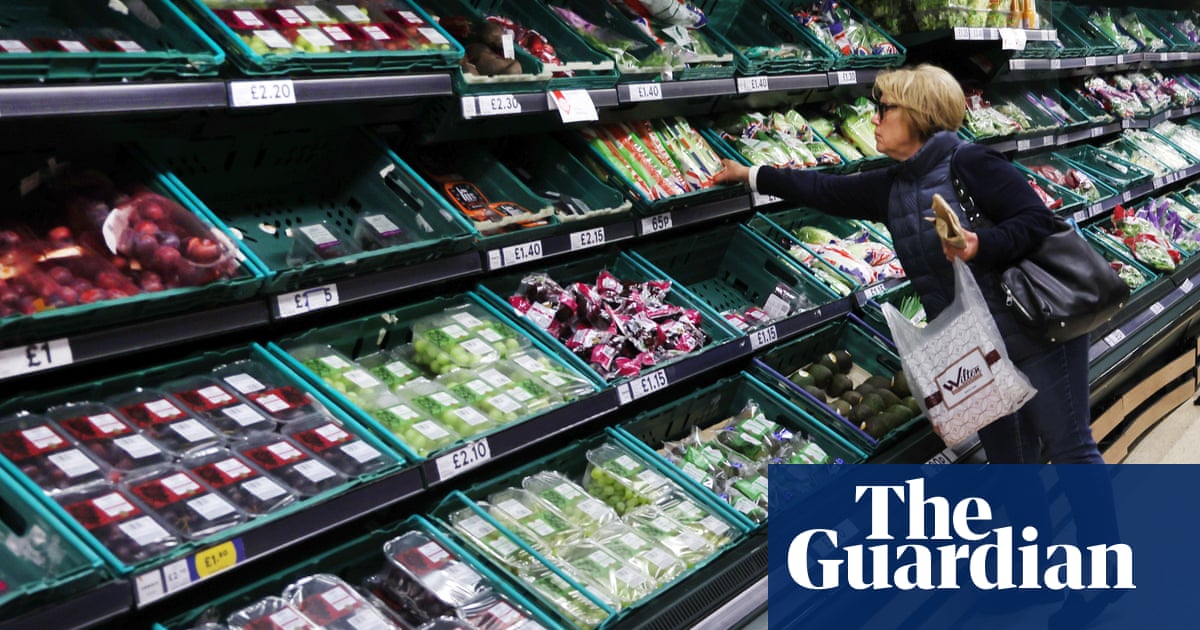
Soaring prices for energy and food could persist for the next two years, hurting global efforts to combat poverty and the climate crisis, a report prepared for next week’s World Economic Forum in Davos, Switzerland, has warned.
The WEF’s annual global risks report found the international cost of living crisis unleashed by the Covid pandemic and Russia’s war in Ukraine topped the list of concerns in a survey of more than 1,200 global experts, policymakers and business leaders.
Sounding the alarm in the run-up to the annual gathering of world leaders in the Swiss mountain resort, it said the energy and food supply crunch was likely to persist for the next two years as the biggest risk to the world economy.
Highlighting how the pandemic and the war in Europe have triggered a series of deeply interconnected global risks, it said the fallout could undermine collaboration between countries to tackle longer-term problems including the climate crisis, protecting biodiversity, and efforts to reduce poverty.
“These create follow-on risks that will dominate the next two years: the risk of recession; growing debt distress; a continued cost of living crisis; polarised societies enabled by disinformation and misinformation; a hiatus on rapid climate action; and zero-sum geo-economic warfare,” the report said.
The WEF report, produced in partnership with Marsh McLennan and Zurich Insurance Group, argued that a “window for action” on the most serious long-term threats was closing rapidly.
“Concerted, collective action is needed before risks reach a tipping point,” it said. “Unless the world starts to cooperate more effectively on climate mitigation and climate adaptation, over the next 10 years this will lead to continued global warming and ecological breakdown.”
Inflation has soared in many countries around the world after the hit to the global economy from Covid was followed by Vladimir Putin’s invasion of Ukraine driving up wholesale energy costs and disrupting food supply chains.
A third of the world economy is expected to be in recession in 2023, reflecting the effects of the war, lingering high inflation and the rising cost of borrowing for households, businesses and governments as major central banks push up interest rates.
Saadia Zahidi, a managing director at the World Economic Forum, said: “The short-term risk landscape is dominated by energy, food, debt and disasters. Those that are already the most vulnerable are suffering – and in the face of multiple crises, those who qualify as vulnerable are rapidly expanding, in rich and poor countries alike.
“Climate and human development must be at the core of concerns of global leaders, even as they battle current crises. Cooperation is the only way forward.”












